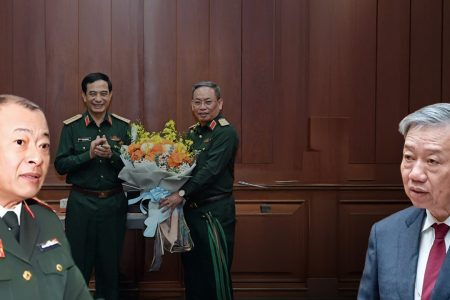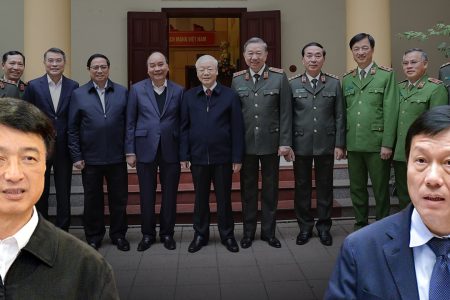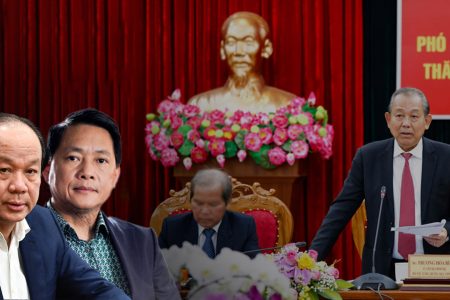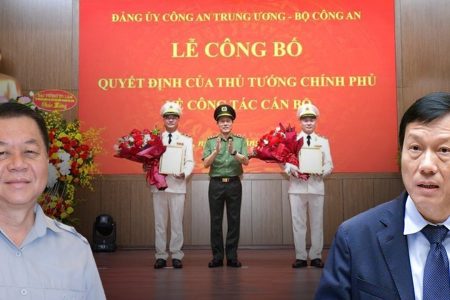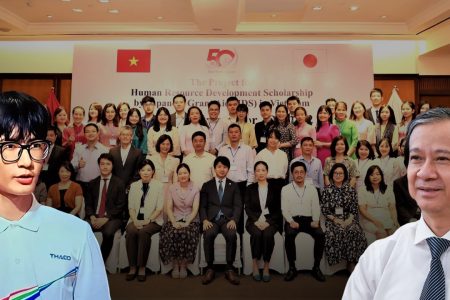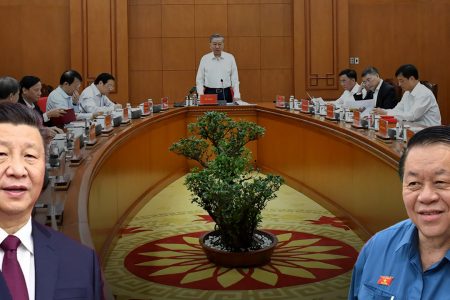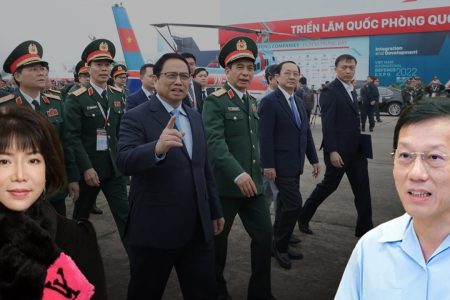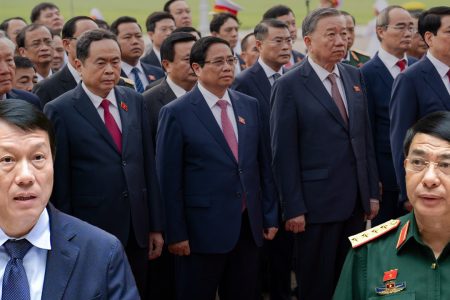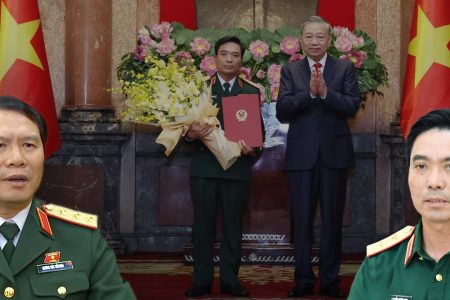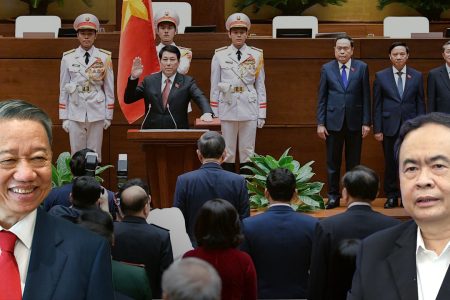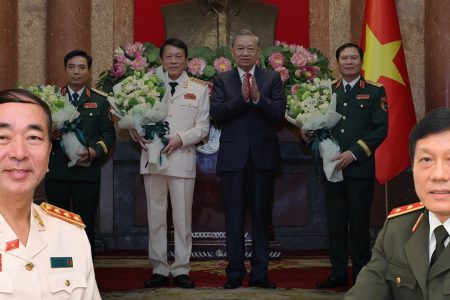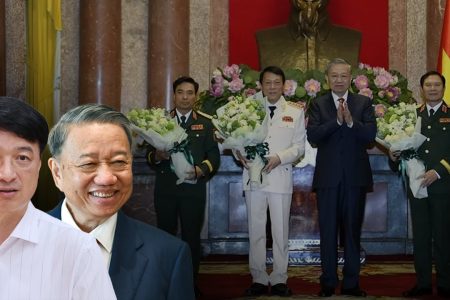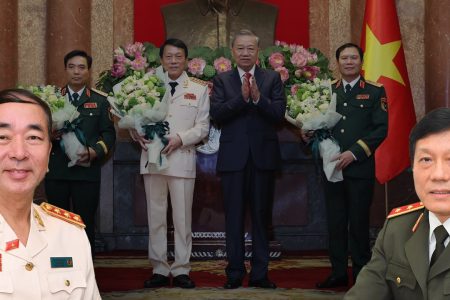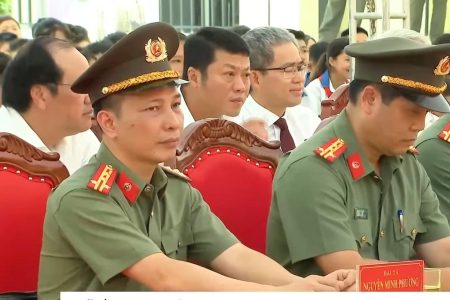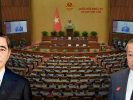
On January 3, 2014, on behalf of the Communist Party of Vietnam’s Politburo, General Secretary Nguyen Phu Trong signed and promulgated Directive No. 33 on strengthening the leadership of the party regarding the declaration and control of the asset declaration of state officials. This directive was issued as a kind of law, which can be temporarily called the “rat trap law” because it was issued by the party chief while his political opponent was carrying a reputation for corruption and made citizens very dissatisfied.
An official’s property is an embezzled property, if the party checks the property and traces its source, then any official will be found corrupted. Just take the floating assets of the officials and compared with the salary they receive, it will be clear immediately. At least, it is equal to a hundred years of salary or a thousand years of salary.
Since the signing of Directive 33, many officials have built villas by “trading brooms,” building villas by “driving motorbike taxis,” and building villas by “working hard,” etc. A series of officials with unknown assets did not have a reasonable explanation, but the party has not yet punished any official strictly. That is the catastrophic failure of the so-called Directive No. 33 that Nguyen Phu Trong signed and promulgated 9 years ago.
Recently, Phan Dinh Trac – Head of the Central Commission for Internal Affairs signed and promulgated a plan to summarize the implementation of Directive 33. The purpose of this is to assess the situation, achieved results, limitations and shortcomings, difficulties, problems, causes and lessons learned after nearly 10 years of implementing Directive 33.
It can be said that Directive 33 is a failed one. Therefore, Trac established a Steering Committee for the development of the Project “Summarizing the implementation of Directive 33 of the Politburo on strengthening the leadership of the Party in the declaration and control of the declaration of assets” to replace Directive No. 33.
In fact, Directive 33 is just a document, the problem is how the head directs the implementation. Even if the party rewrites it, the direction is weak, the situation is still the same. So it’s not a matter of rewriting, but of changing the implementation.
Since the release of Directive 33, there have been more and more corrupted officials called rats. In the past, corruption of hundreds of billions was large, now corruption of trillions is not uncommon. The furnace that General Secretary Trong set up to burn forever without running out of firewood, that is also an eloquent proof of the failure of Directive 33.
Normally, to trap mice, people must use bait to lure. However, the fake trap does not kill the mouse, the result is that the mouse catches the bait. After that, mice are no longer afraid of traps and every time they see the trap, they will try to grab the bait, this kind of trap only makes the mouse more full and proliferate.
In Vietnam, a position like Nguyen Phu Trong is seen as king, he will not be judged by anyone, no one can discipline him because he has allowed rats to proliferate. Hitting the mouse is only the tip, not allowing the mouse to exist is the root. His anti-corruption work is not effective. If Vietnam continues like this, corruption will not be eradicated forever.
As long as the leadership of the party is still there, corruption still exists. Because with the starving salary that the Communist Party pays for the mandarin, it is only equal to the construction workers’ salary. While it is difficult for workers to live two meals a day, state officials buy houses and expensive cars. The Communist Party produces all kinds of anti-corruption documents, but there are countless loopholes in the mechanism for officials to corrupt. Therefore, the fight against corruption in Vietnam will never be effective.
Thoibao.de (Translated)



